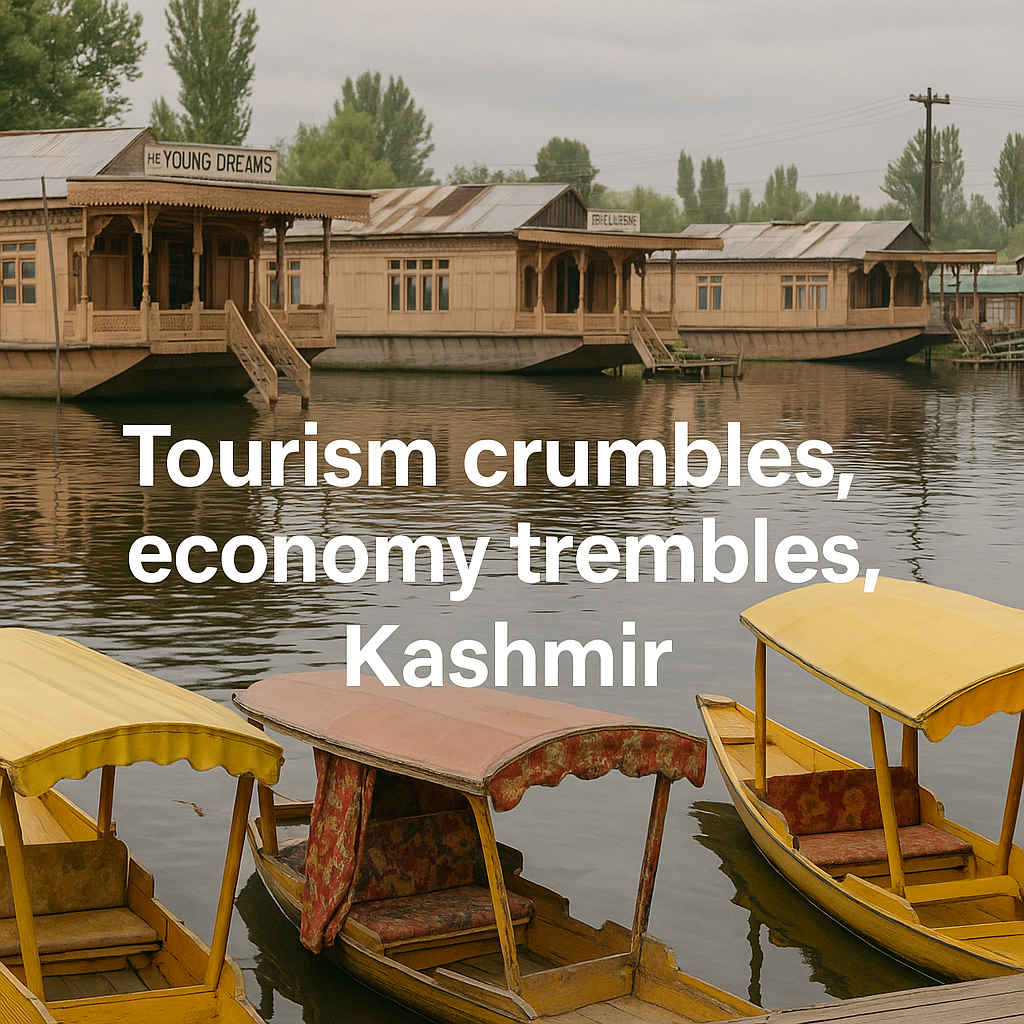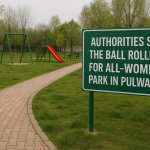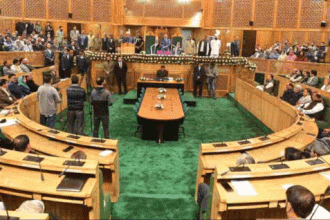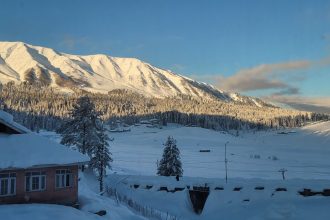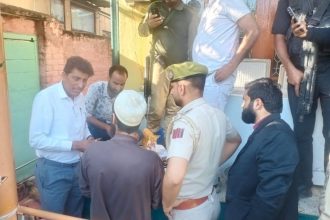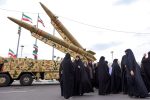Srinagar, May 25 – What began as a senseless act of violence in Pahalgam on April 22 has now rippled into the homes, kitchens, and hearts of thousands of Kashmiris. The attack that claimed 26 innocent lives has also left the region’s tourism-dependent economy gasping for breath. Hotels are shutting doors, jobs are vanishing overnight, and the once vibrant valleys now echo with silence—and despair.
In the heart of Pahalgam, hotels that were once bustling with families on vacation and newlyweds chasing dreams now lie eerily empty. Curtains are drawn. Corridors are dark. Reception desks sit unmanned. Behind those doors, stories of struggle unfold quietly.
“I had no choice but to let go of 70% of my staff,” shared a prominent hotelier, his voice laced with helplessness. “These people weren’t just workers. They were like family. But without tourists, how do we pay salaries?”
For people like Manzoor Ahmad, a room service attendant who has worked in the hospitality industry for over a decade, the job was more than a livelihood—it was dignity. “They told me I had to leave. No notice. Just like that,” he said, holding back tears. “I have a wife and two daughters. My daughter was supposed to start school next month. Now, I don’t know if we can even afford meals.”
Veterans are not spared either. A chef with 30 years of service in Pahalgam described it as the darkest chapter of his life. “I’ve seen tough seasons, political unrest, lockdowns… but never a collapse like this. No guests. No income. No idea what tomorrow holds.”
It’s not just the hotels. The pain is trickling down to every corner of Kashmir’s tourism ecosystem.
Taxi drivers who once ferried wide-eyed visitors now wait all day without a single booking.
Tour guides, passionate storytellers of Kashmir’s rich history, now sit idle.
Handicraft artisans, whose intricate work once dazzled travelers, are seeing their inventories pile up unsold.
Vegetable farmers, once proud suppliers to local eateries, are seeing their produce rot in crates.
The Jammu and Kashmir Hotel and Restaurant Association (KHARA) warns of a complete breakdown unless urgent intervention is provided. “We were all geared up for a booming season,” said KHARA President Babar Chowdhary. “Many of us borrowed heavily to expand, upgrade, and create more jobs. Now we’re stuck—debts on one side, no business on the other.”
The economic blow is massive. With tourism accounting for nearly 8% of Jammu and Kashmir’s GSDP—translating to an estimated Rs 18,500 to Rs 21,200 crore annually—the sudden stop feels like a punch to the gut of an already fragile economy.
Banks are already preparing for defaults. Shops report sales have dropped drastically. Even cultural symbols—like papier-mâché, Pashmina shawls, and walnut wood carvings—are struggling to find buyers.
The industry is crying out for help: loan restructuring, interest waivers, emergency relief. Anything to soften the blow and help families stay afloat.
“We need action, not just sympathy,” pleaded Chowdhary. “We are not asking for favors. We’re asking for a lifeline.”
Still, amidst the chaos, there are glimmers of hope. Some industry players are brainstorming new strategies—safety-driven tourism campaigns, partnerships with influencers, and digital storytelling—to regain trust and draw visitors back.
But recovery won’t be fast, and it won’t be easy. It will need the government’s hand, the private sector’s grit, and above all—the world’s compassion.
Because behind every shuttered hotel and every empty taxi is a story. A story of someone who once welcomed strangers with a smile, offered a warm cup of noon chai, and proudly showed off the beauty of Kashmir.
And now, they wait—not just for tourists—but for hope to return.
